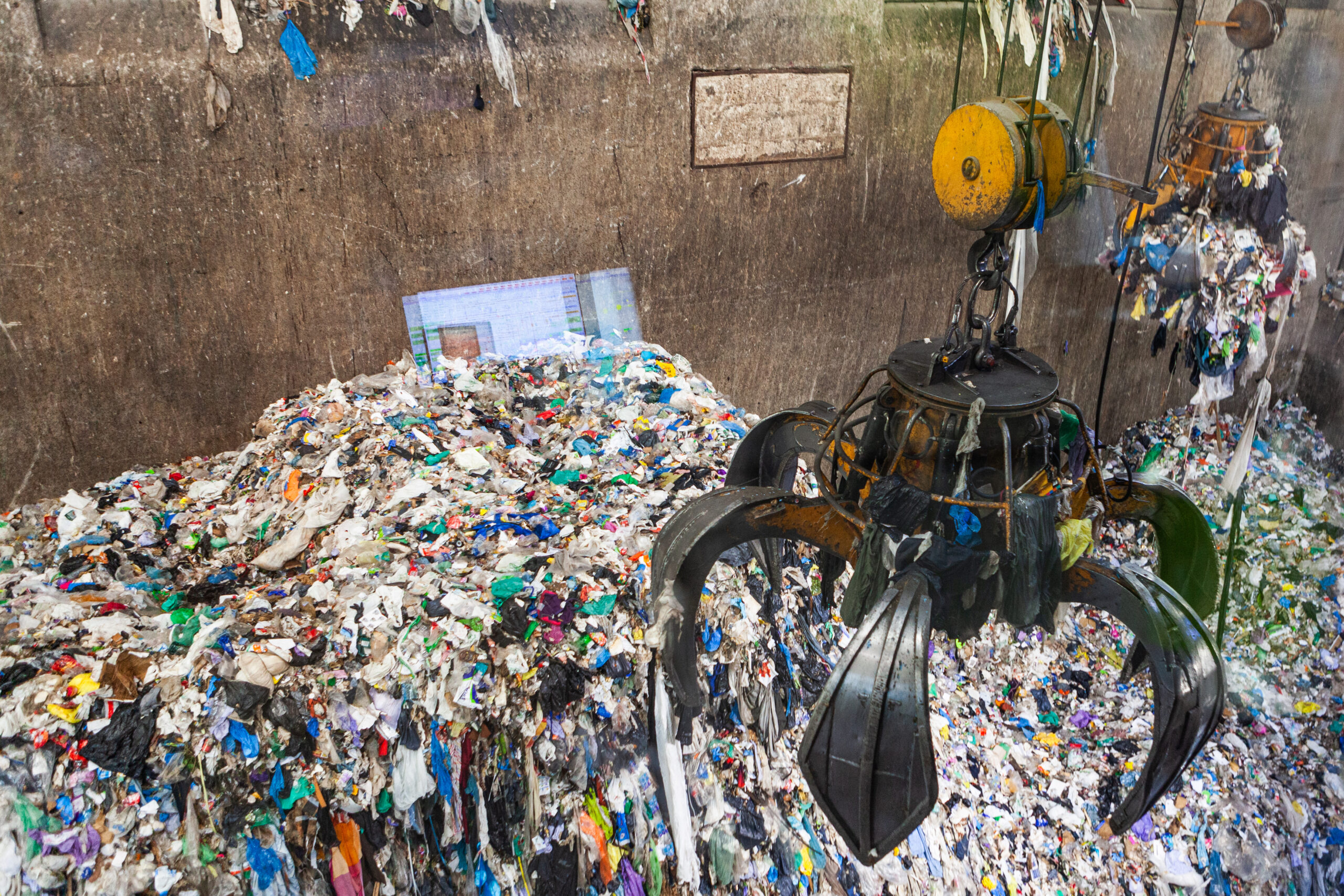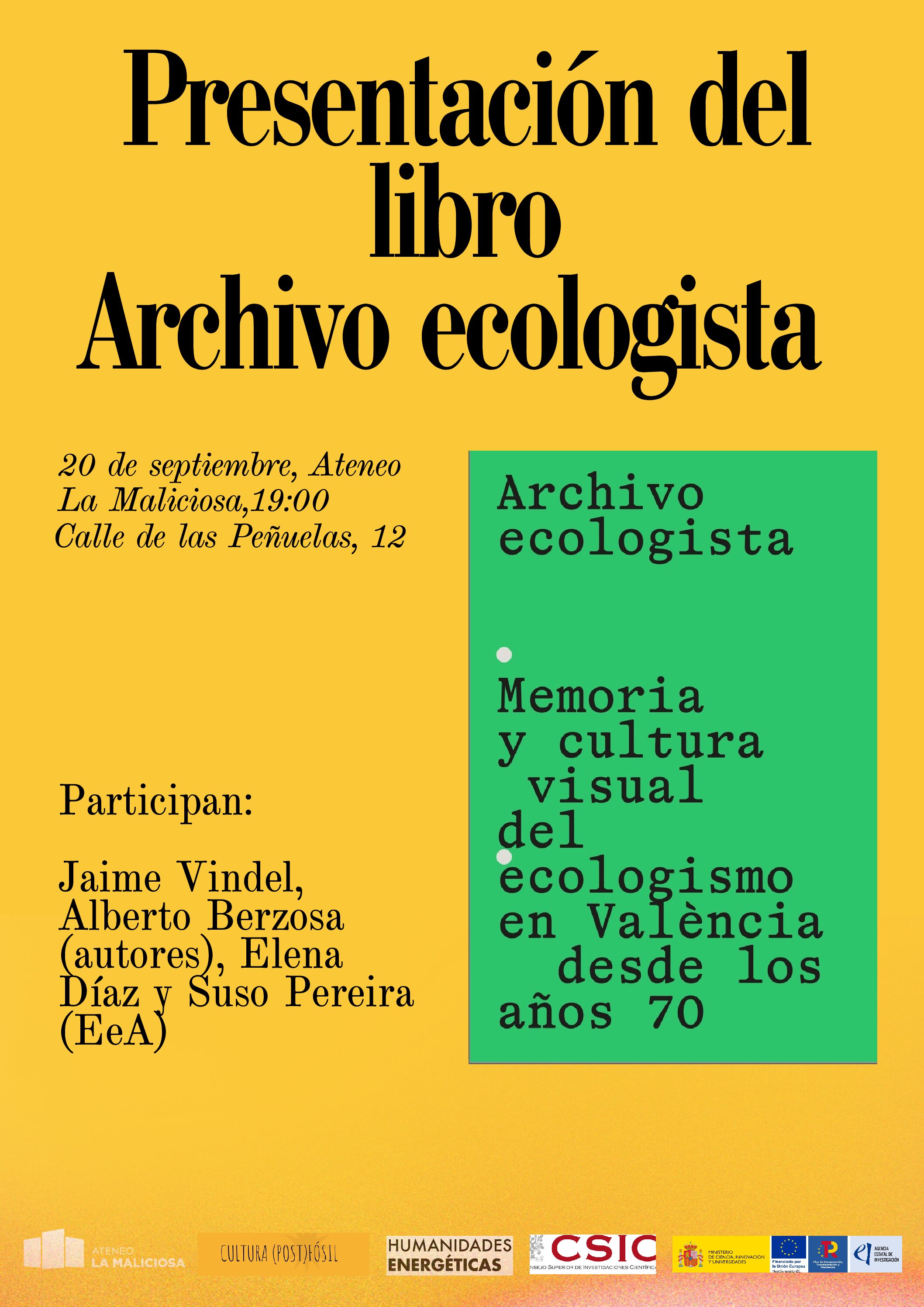
Source: Fernando López Heptener, La presa de Aldeadávila, 1963, available at: https://www.youtube.com/watch?v=-X_yduTT1EQ.
Spain is one of the countries with the largest number of dams, about 1,200. Many were built during Franco’s dictatorship as part of his emblematic hydraulic policy, aimed at addressing post-war social, economic, and energy crises. Aside from the failed autarkic economic project, this policy promoted a vision of water as a redeeming force that, properly managed—channeled, diverted, stored, and transformed by state-led engineering—would “save” the country. This narrative underpinned a “techno-natural revolution” (Swyngedouw) in water management based on the expansion of irrigated land and the development of hydropower. These transformations have triggered territorial imbalances, forced displacements and other manifestations of what Rob Nixon calls “slow” or socio-ecological violence.
In this context, the production of images and other cultural narratives supported the creation of social imaginaries that naturalize the workings of an extractive economy, along with its human and ecological effects. Some of these are now widely known, such as the tragedies of the flooded villages (around 500 localities are submerged across Spain) which forced the displacement of between 40,000 and 60,000 people.
This presentation proposes an approach to these imaginaries and their contestations through different cultural forms, with the aim of clarifying the relations of dispossession and exploitation in these water landscapes. The main hypothesis is that these relations are often obscured by the landscape as a cultural and ideological representation. The aim is to demystify the infrastructures that characterise these landscapes, which have become symbols of a contested modernity, in order to understand how political hegemony has been constructed around them.
Those wishing to attend the seminar, which will take place at the CSIC Centre of Human and Social Sciences (C/ Albasanz, 26, Madrid, Gómez Moreno room: first floor, module C) on 14 November 2024 at 10.30 a.m., should indicate their interest by filling in this contact form.
The reading text for the session is this one:
Carmen Martín-Luquero Rodríguez (Valladolid, 1998) holds a degree in Art History from the Universidad Complutense de Madrid, a Master in Social Sciences from the Université Paris 8 Vincennes-Saint-Denis (Master Mondes méditerranéens en mouvement) and from the École des Hautes Études en Sciences Sociales (Master Arts, littératures et langages).




